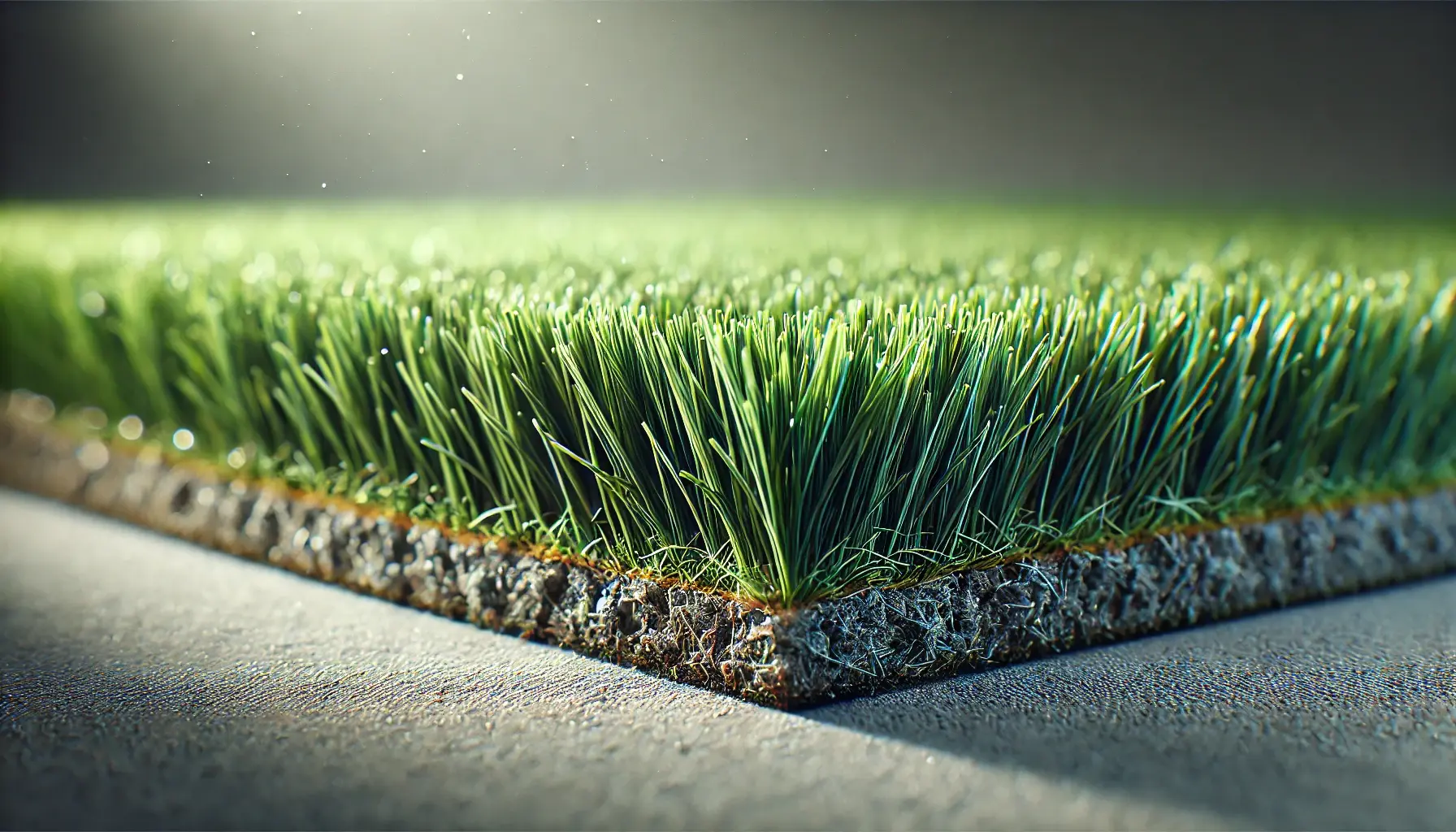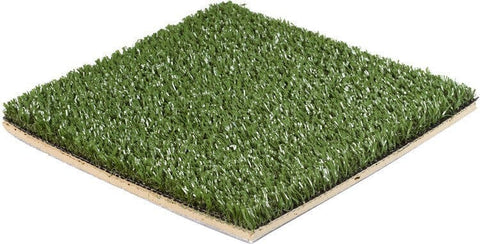Delve Into the Environmental Perks of Opting for Artificial Lawn Solutions
The fostering of synthetic lawn services provides an engaging possibility to deal with pressing environmental difficulties. By dramatically reducing water use and lessening the application of dangerous chemicals, these alternatives not only advertise lasting landscape design however also shield regional ecological communities.
Water Conservation Conveniences
One of the most considerable benefits of man-made lawn is its capability to save water. In contrast, man-made grass does not need watering, significantly reducing the overall need for water resources.
By eliminating the requirement for routine watering, synthetic turf adds to lasting landscape techniques and aids reduce the environmental effect of excessive water usage. Moreover, the conservation of water prolongs to the reduction of overflow, which can result in soil erosion and waterway contamination.
In addition, the installation of synthetic grass allows towns and house owners to designate water sources a lot more effectively, concentrating on crucial uses such as drinking water and farming. The change towards artificial lawn not just promotes liable water usage but additionally straightens with more comprehensive ecological objectives intended at protecting natural deposits.
As areas progressively focus on sustainability, the water conservation advantages of synthetic turf offer an engaging situation for its adoption in business and domestic landscape design projects.
Reduced Chemical Use
The transition to synthetic grass dramatically reduces the reliance on chemical treatments frequently utilized in natural grass maintenance. Traditional grass management usually involves the application of herbicides, fertilizers, and pesticides to promote growth and control parasites. These chemicals can pose dangers to human health and wellness, regional wildlife, and the setting, adding to dirt and water contamination.
In contrast, synthetic grass eliminates the requirement for these unsafe substances. As soon as set up, it calls for marginal maintenance, primarily consisting of routine cleaning and occasional infill replenishment. This decrease in chemical use not just profits the prompt atmosphere yet also contributes to broader environmental security. By reducing the launch of artificial substances into the environment, synthetic grass promotes healthier soil and water systems.
Furthermore, the absence of chemical runoff related to synthetic grass installments aids secure local waterways from air pollution, supporting marine life and keeping biodiversity. Phoenix turf companies. As neighborhoods significantly focus on sustainable practices, selecting fabricated turf provides a practical option that aligns with ecological preservation goals. With this shift, residential or commercial property proprietors can delight in lush green rooms without compromising ecological health and wellness, leading the means for a much more sustainable future
Lower Carbon Footprint

In addition, the setup of man-made turf can result in significant water conservation. Natural yards call for significant amounts of water for watering, which not only includes in the carbon impact connected with water extraction and therapy yet also stress regional water sources. On the other hand, synthetic grass needs very little upkeep, requiring no watering, consequently significantly reducing water use and its connected energy prices.
In addition, the long life of synthetic grass adds to its decreased carbon effect. With a life expectancy of as much as 15 years or even more, the need for regular substitutes is reduced, resulting in much less waste and lower energy intake in production and disposing of traditional lawn alternatives. Generally, synthetic grass provides a sustainable alternative for eco mindful landscape design.
Habitat Conservation
Environment preservation is an essential factor to consider in the argument over landscape design options, particularly when comparing artificial lawn to natural turf. All-natural turf yards typically call for extensive upkeep, including making use of chemicals, fertilizers, and herbicides, which can adversely impact regional environments. These chemicals can leach into the soil and waterways, hurting native plants and fauna and disrupting local environments.
Man-made lawn eliminates the requirement for harmful chemicals, thereby shielding nearby wildlife and preserving the integrity of surrounding ecosystems. The installment of fabricated turf can lead to the conversion of previous yard areas right into more biodiverse landscapes, such as pollinator yards or native plant areas, which can support local wildlife.
Inevitably, the shift to synthetic grass not only preserves water and decreases upkeep initiatives however likewise cultivates a more harmonious connection in between human activities and the native environment, promoting habitat conservation at the same time.
Long-Term Sustainability
Long-term sustainability is a critical consider evaluating the benefits of fabricated grass over conventional turf yards. One of one of the most substantial advantages of fabricated turf is its toughness; it can last up to 15-20 years with minimal maintenance, whereas all-natural grass needs frequent reseeding and replacement. This durability lowers the need for constant sources, such as water, fertilizers, and pesticides, which are important for keeping a healthy yard lawn.
In addition, synthetic grass adds to a reduction in carbon discharges connected with yard treatment tools. Conventional yards typically require gas-powered lawn mowers, leaners, and blowers, all of which contribute to air pollution. Full Article Artificial turf companies phoenix. In comparison, fabricated lawn removes the requirement for such equipment, advertising a cleaner environment
Additionally, the manufacturing of fabricated lawn increasingly utilizes helpful hints recycled materials, improving its sustainability account. As makers take on eco-friendly practices, the environmental impact of synthetic grass remains to lessen.

Verdict
The adoption of synthetic grass services offers substantial ecological advantages, consisting of substantial water preservation, minimized dependence on damaging chemicals, and a reduced carbon impact. Fabricated lawn help in protecting natural habitats by decreasing land disruption and advertising long-lasting sustainability with the usage of sturdy materials. Jointly, these factors underscore the possibility of synthetic grass to add positively to ecological wellness and supply a viable option to typical landscape design methods in a progressively resource-conscious world.
In comparison, synthetic grass does not need watering, substantially lowering the overall demand for water resources. By decreasing the launch of synthetic compounds right into the ecosystem, synthetic grass advertises healthier dirt and water systems.
Additionally, the installment of man-made grass can result Click This Link in significant water preservation. In comparison, synthetic lawn requires very little upkeep, needing no watering, consequently significantly lowering water use and its linked energy prices.
